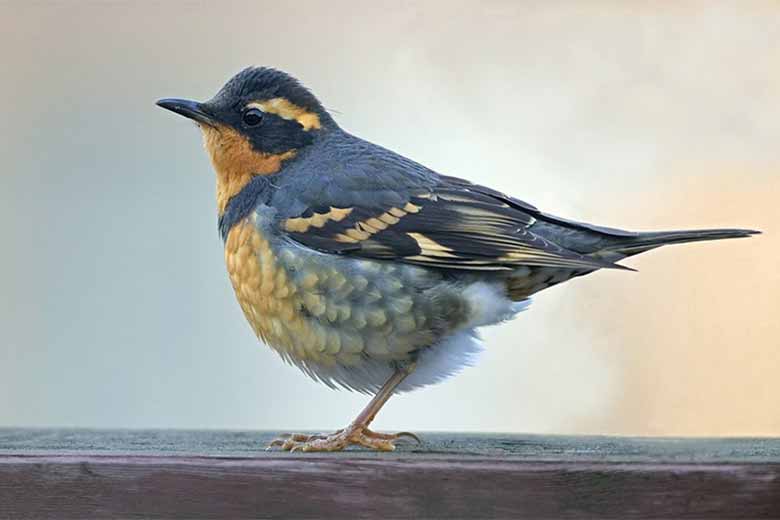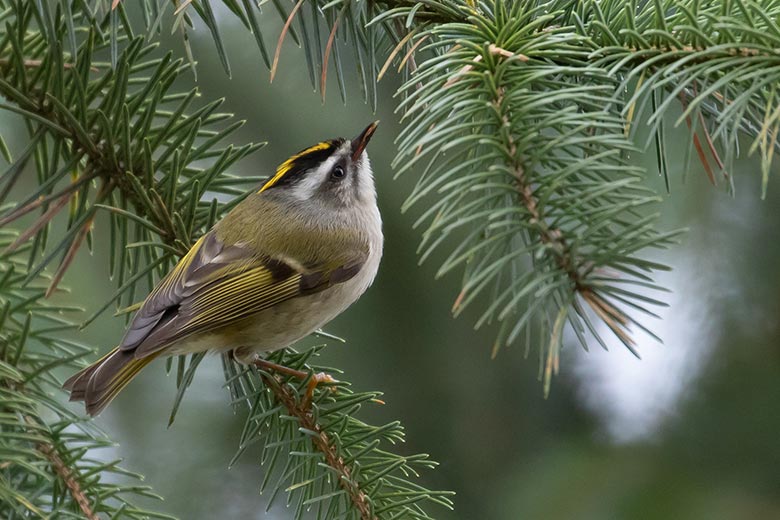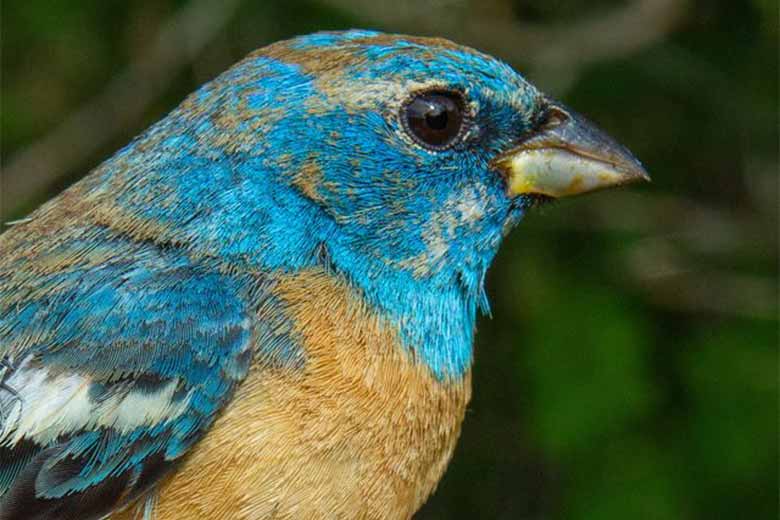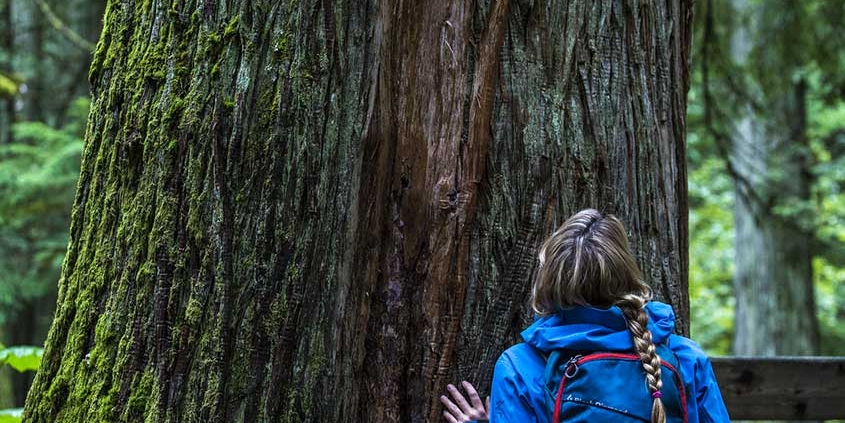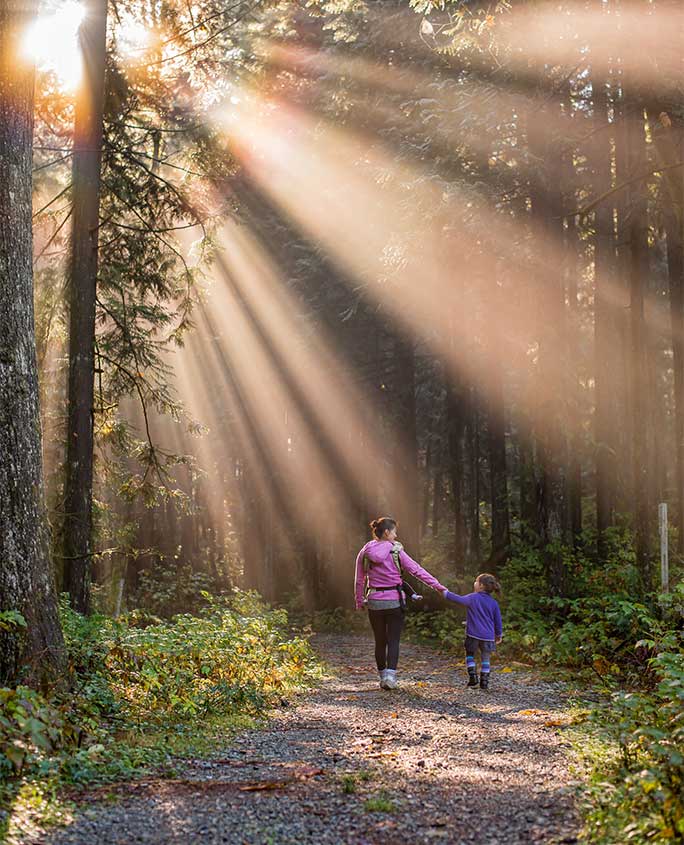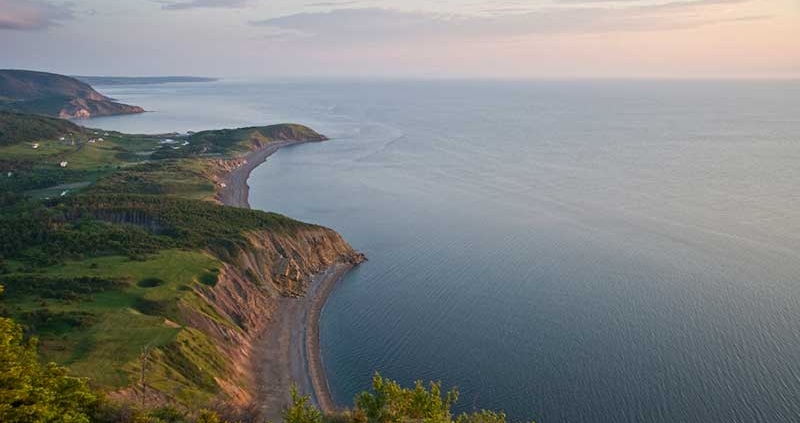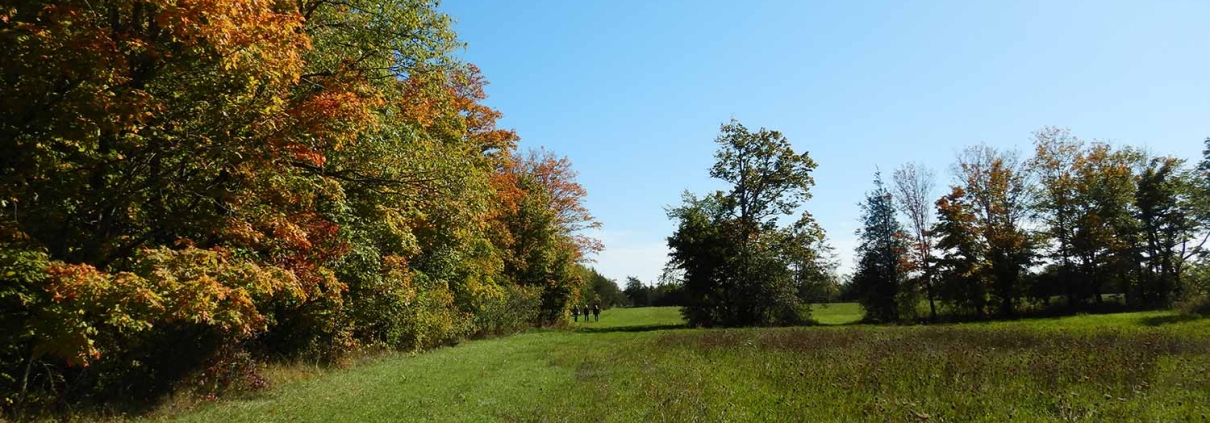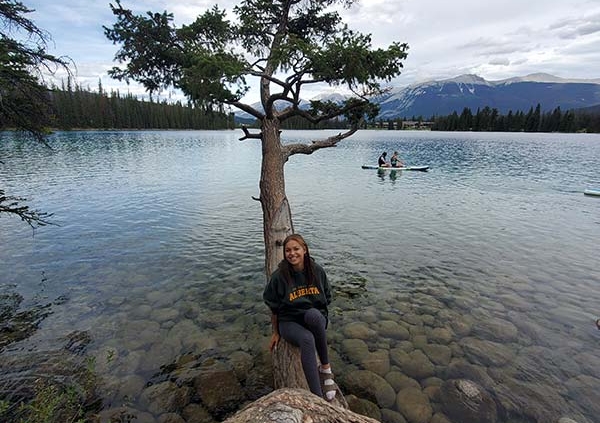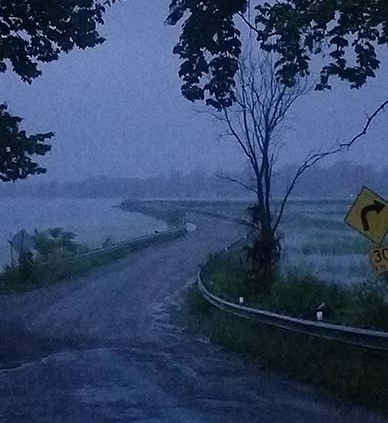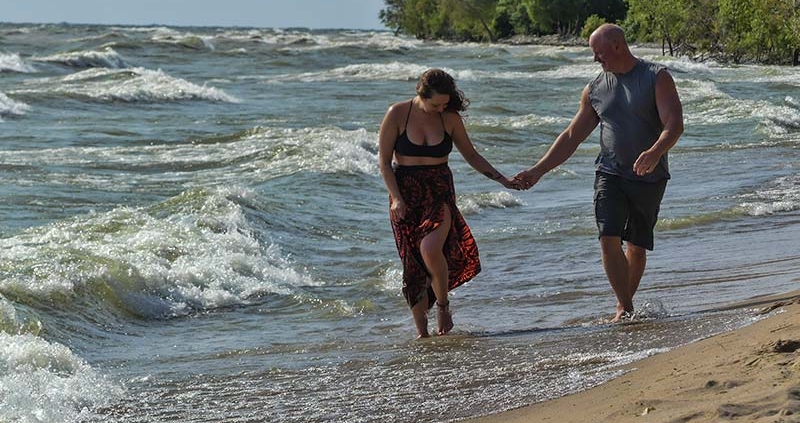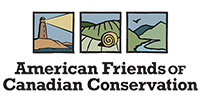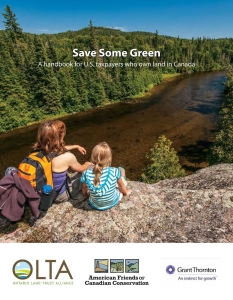The Land Conservancy of B.C. (TLC) is pleased to announce a spring 2024 session of the Deertrails Naturalist Program from May 14 to 19, 2024.
This four full-day workshop invites deep immersion in the practice of place-based living. Set in the beautiful Upper Clearwater Valley near Wells Gray Provincial Park, it’s designed for students, teachers, artists, naturalists – anybody seeking to build resilience into their lives in times of climate change by connecting with the living world.
Connection to place and commitment to stewardship arise from the stories we tell, not least about place itself. Whether we’re peering in from the edge of wilderness or putzing about in our own back yards, place-based narratives draw sustenance from the contemplation of living form and biologic process.
Throughout this workshop, leaders will introduce us to the rudiments of bird study, plant lore, fungus and lichen identification, forest ecology, and volcanology, as well as to the art of creating vehicles to meaning in the form of field journals, memory maps, and directed readings. More generally, we’ll be invited to consider how direct experience of the natural world can reimagine our place within it.
By day, Deertrails includes a series of naturalist-led hikes in a valley renowned for its volcanic history and vibrant ecologies. We’ll learn to follow forest trails in the paths of the elders, attend to waterfalls and precipitous canyons, listen for the early-morning songs of migrating songbirds, and generally immerse ourselves in an ecosystem awakening to spring.
Evenings, we’ll share a meal, converse indoors, huddle around the campfire, enjoy poetry and readings – allowing our conversations to run far and delve deep. We’ll also attend to the nighttime conversations of frogs, owls and wolves, and maybe take in some star-gazing.
2024 Instructors
Deertrails is hosted by The Land Conservancy of B.C. in collaboration with Edgewood Wild. Instructors this year are Briony Penn (author and artist), Lyn Baldwin (ecologist and artist), Juliet Pendray (naturalist specializing in fungi and lichen), Trevor Goward (lichenologist and place-based naturalist), with cameo appearances from and Cathie Hickson (volcanologist), Nancy Flood (ornithologist and ecologist) and Chris Coppin (amateur astronomer).
Application Deadline & More Information
The Deertrails Naturalist Program application window closes Thursday, March 28th at 5PM PDT. Applicants will be notified of the success of their applications in early April.
Program fees are $750 per person and include meals and basic accommodations. Bursaries covering up to 50% of program fees are available to participants in need of financial aid thanks in part to endowment funds hosted with the Victoria Foundation.
Accommodations included in the program fee consist of field station cabins at Thompson Rivers University’s Wells Gray Wilderness Centre. Tent and vehicle camping is available at no additional cost. For other accommodations in the Upper Clearwater Valley, please see www.wellsgraypark.info and www.wellsgray.ca.
To learn more and register for the Deertrails Naturalist program, please visit www.conservancy.bc.ca/deertrails or contact TLC at (250) 479-8053 or admin@conservancy.bc.ca.
About The Land Conservancy of BC:
The Land Conservancy of BC (TLC) is a non-profit, charitable Land Trust working throughout British Columbia. TLC’s primary mandate is to benefit the community by protecting habitat for natural communities of plants and animals including 141 acres of protected wetlands, forests, and wildlife corridors in the Upper Clearwater Valley. Founded in 1997, TLC is membership-based and governed by an elected, volunteer Board of Directors. TLC relies on a strong membership and volunteer base to help maintain its operations.
About Edgewood Wild:
Edgewood Wild is an outreach of Edgewood Blue, located in Upper Clearwater, BC. It is dedicated to the proposition that any path to a livable future in time of climate change must now include some form of reconciliation with Living World that sustains us all. The purpose of Edgewood Wild is to offer a venue for explorations of what reconciliation of this kind could look like. A variety of programmes are offered at no charge, though donations are welcome. You can find out more by linking here: https://edgewoodwild.org/
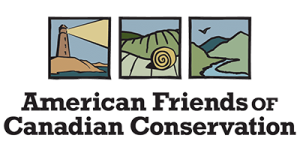
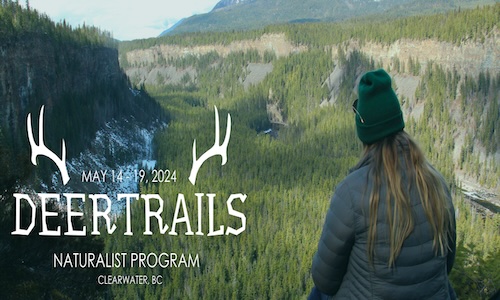
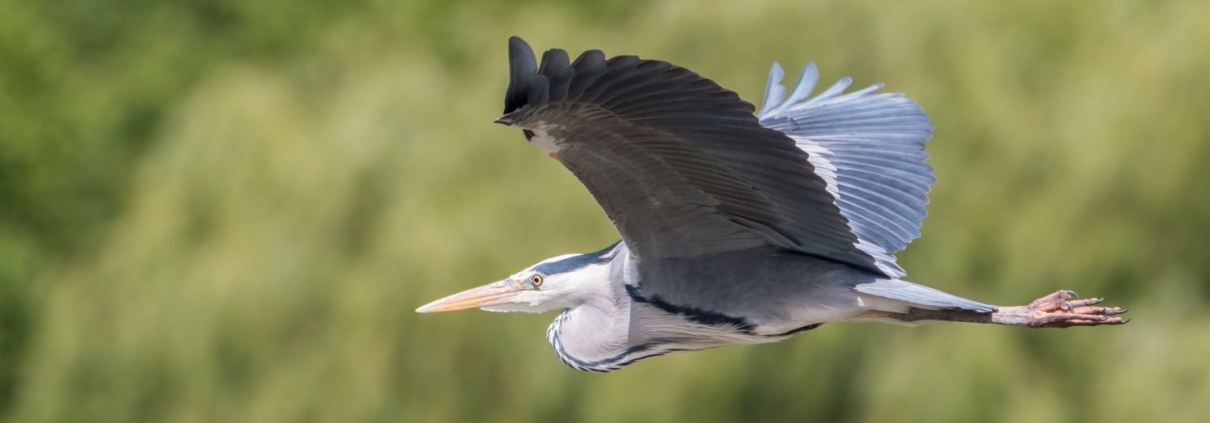
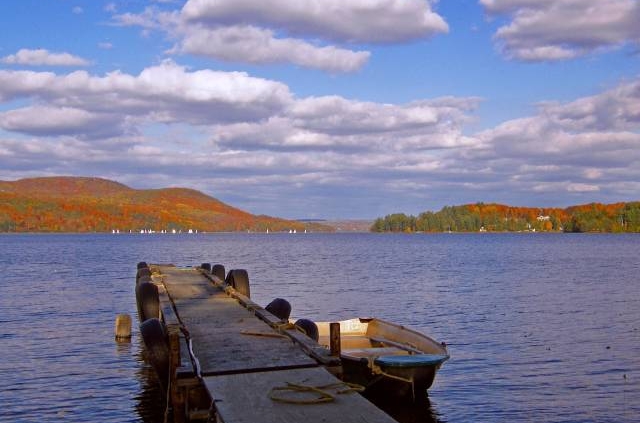
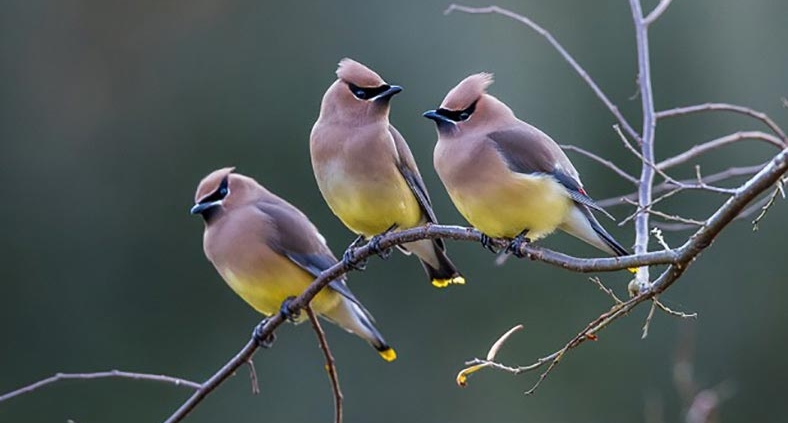 Vancouver Avian Research Centre
Vancouver Avian Research Centre